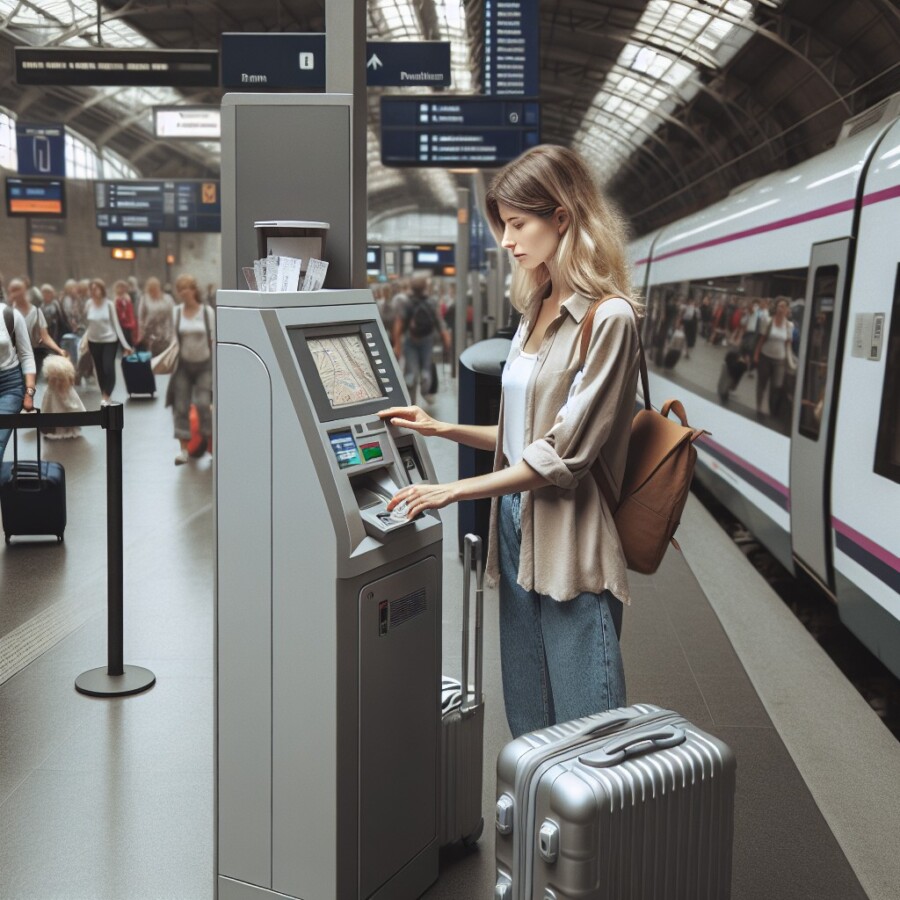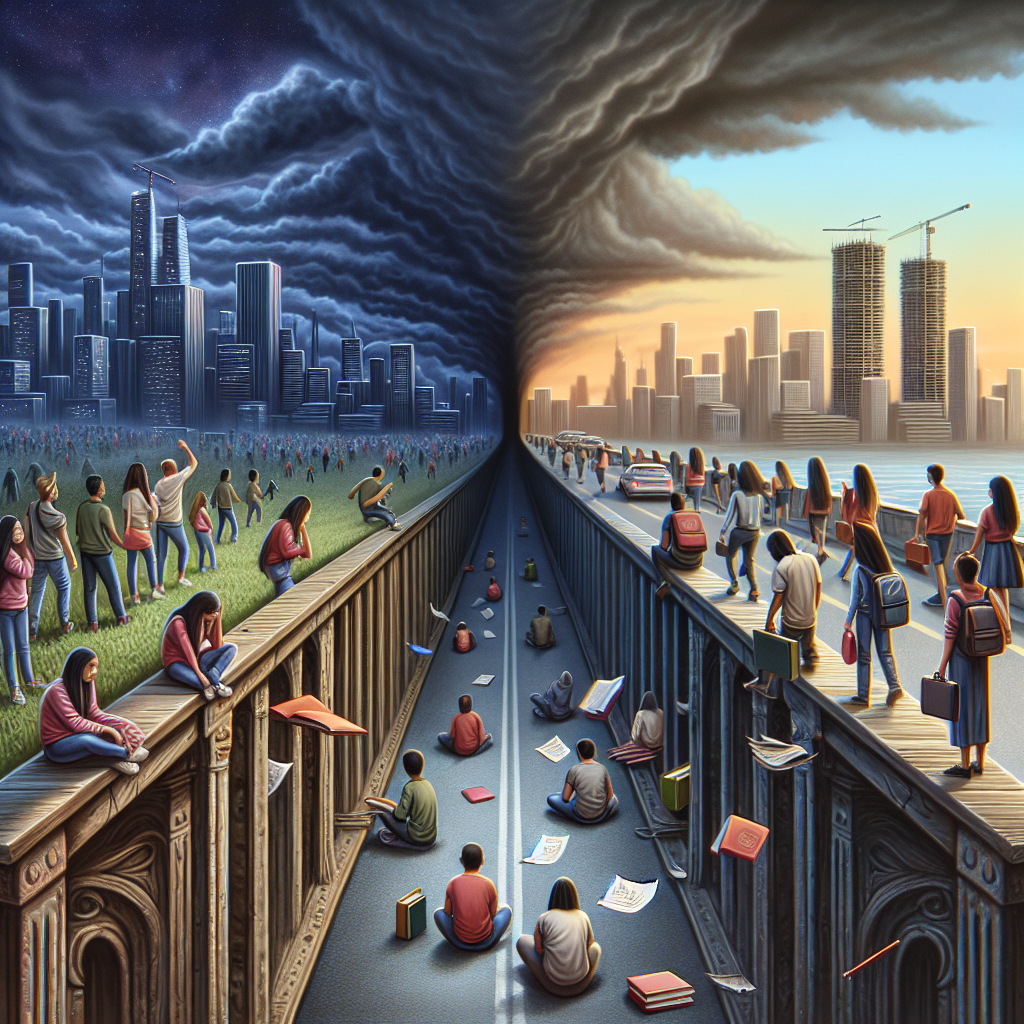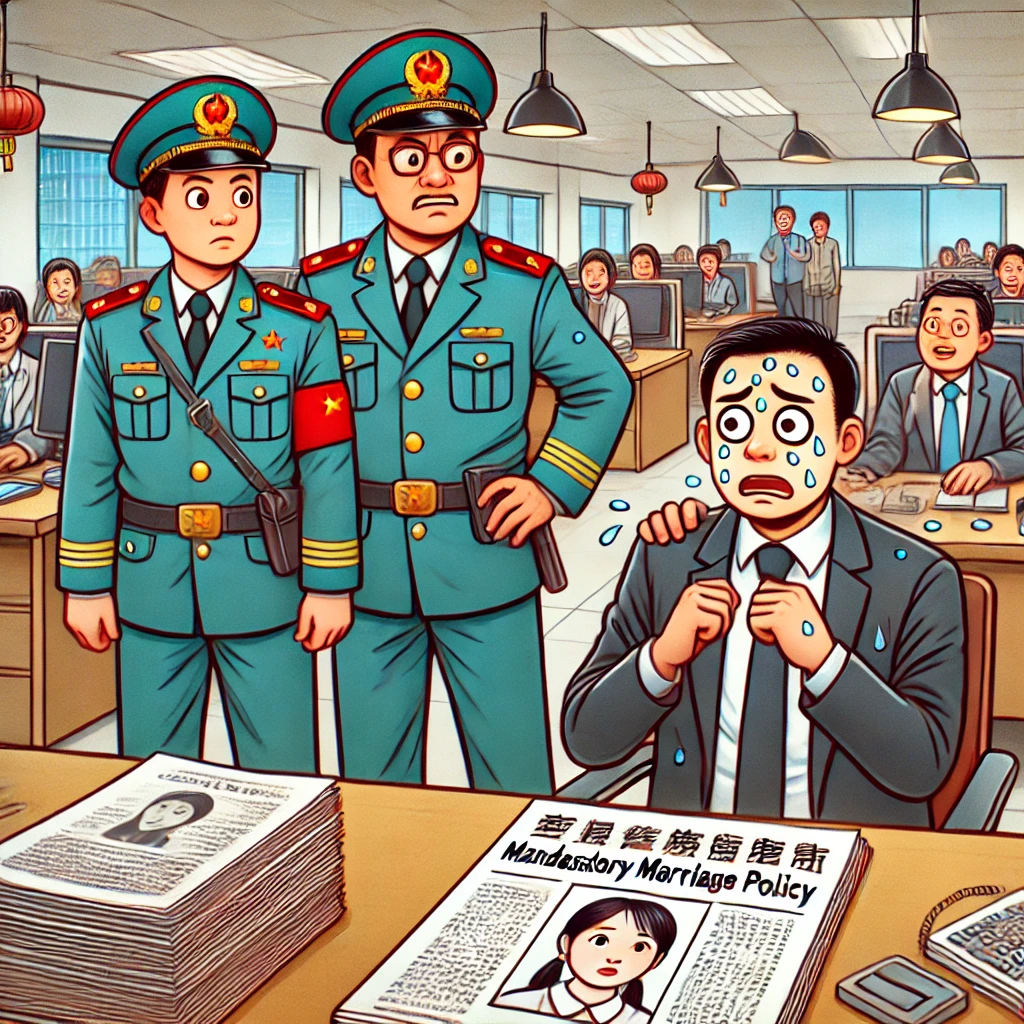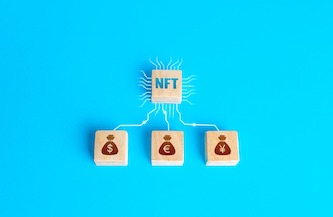Some ticket machines at train stations ask people to pay more than two times the money for tickets than if they buy the tickets on the internet. A group that helps people know about buying things found out that tickets you buy on the same day you travel can cost half more at the machines than online. They also found that the cheapest tickets are sometimes hard to find on the machines. People did not want the train stations to close the places where you can buy tickets, so they will stay open.
The group that did the study sent secret shoppers to look at prices at 15 train stations. They saw that some tickets from the machines cost more than two times the price than if you buy them online. The machines don’t always show the cheaper tickets you can get before your trip or the special prices for traveling at times when the trains are not busy. The train companies know they need to make ticket prices easier to understand. The government said that some train ticket prices will go up a little bit in March, but not as much as the cost of other things is going up.
Original news source: Train ticket machines charging double online price (BBC)
🎧 Listen:
Slow
Normal
Fast
📖 Vocabulary:
| 1 | machines | Big boxes with buttons that give you things when you ask. |
| 2 | tickets | Little pieces of paper that let you go places like on a train or into a movie. |
| 3 | internet | A place in computers where you can see lots of things and learn stuff. |
| 4 | group | A bunch of people who are together because they like the same things or do the same job. |
| 5 | travel | Going from one place to another, like when you go on a trip. |
| 6 | secret | Something that is not told to everyone, only a few people know. |
| 7 | shoppers | People who go to stores to buy things but don’t tell anyone they are looking. |
| 8 | prices | How much money you need to give to buy something. |
| 9 | companies | Places where people work together to make or sell things. |
| 10 | government | The boss of the place where you live, like the whole country. |
Group or Classroom Activities
Warm-up Activities:
– Charades
Instructions: Divide the class into two teams. Write down vocabulary words related to the article on small slips of paper and put them in a hat. One student from each team will take turns picking a word and acting it out without using any words. The rest of the team has to guess what word they are acting out within a certain time limit. The team with the most correct guesses wins.
– News Summary
Instructions: Have the students take turns summarizing the main points of the article in their own words. Encourage them to use the vocabulary and phrases from the article. Then, as a class, discuss any questions or confusion they may have about the article.
– Vocabulary Pictionary
Instructions: Divide the class into pairs. Give each pair a set of vocabulary words related to the article. One student from each pair will choose a word and draw a picture of it on the board, while their partner tries to guess what word it is. They can only use drawings, no words. The pair with the most correct guesses wins.
– Keyword Hangman
Instructions: Write down key vocabulary words from the article on the board, leaving out some letters. Have the students take turns guessing letters to try and complete the word. If they guess a correct letter, write it in the correct spot. If they guess a wrong letter, start drawing a hangman. The students have to guess the word before the hangman is completed.
– Speed Summarizing
Instructions: Divide the class into pairs. Give each pair a set of discussion questions related to the article. One student will have 1 minute to summarize the article to their partner, using the discussion questions as a guide. Then, they will switch roles and the other student will summarize. After both students have had a chance to summarize, they can discuss their thoughts and opinions about the article.
🤔 Comprehension Questions:
1. What did the group find out about buying tickets at the train station compared to buying them online?
2. Why did people not want the train stations to close the places where you can buy tickets?
3. What did the secret shoppers find out about the prices of tickets at the train stations?
4. What are some things that the ticket machines don’t always show?
5. What did the train companies realize they need to do with ticket prices?
6. What did the government say about train ticket prices in March?
7. What did the group do to find out about the ticket prices at train stations?
Go to answers ⇩
🎧✍️ Listen and Fill in the Gaps:
Some ticket machines at train stations ask people to pay more than two times the money for (1)______ than if they buy the tickets on the internet. A group that helps people know about (2)______ things found out that tickets you buy on the same day you travel can cost half more at the machines than online. They also found that the (3)______ tickets are sometimes hard to find on the machines. People did not want the train stations to (4)______ the places where you can buy tickets, so they will stay open.
The group that did the study sent secret shoppers to (5)______ at prices at 15 train stations. They saw that some tickets from the (6)______ cost more than two times the price than if you buy them online. The machines don’t always show the cheaper tickets you can get before your trip or the special prices for traveling at times when the trains are not busy. The train companies know they need to make ticket prices easier to understand. The government said that some train ticket prices will go up a little bit in March, but not as much as the (7)______ of (8)______ things is going up.
Go to answers ⇩
💬 Discussion Questions:
Students can ask a partner these questions, or discuss them as a group.
1. What is a ticket machine?
2. How would you feel if you had to pay more money for a ticket at a machine than if you bought it online?
3. Do you like buying things online? Why or why not?
4. Do you think it’s fair that the machines sometimes don’t show the cheaper tickets? Why or why not?
5. What is a secret shopper?
6. How do you think the train companies can make ticket prices easier to understand?
7. Do you think it’s good that the government said train ticket prices will go up a little bit in March? Why or why not?
8. How do you usually buy your train tickets?
9. Do you think it’s important to have places where you can buy tickets in person? Why or why not?
10. Have you ever had trouble finding a cheap ticket? What happened?
11. How do you feel about the train stations staying open? Why?
12. Do you think the train companies should lower their ticket prices? Why or why not?
Individual Activities
📖💭 Vocabulary Meanings:
Match each word to its meaning.
Words:
1. machines
2. tickets
3. internet
4. group
5. travel
6. secret
7. shoppers
8. prices
9. companies
10. government
Meanings:
(A) A bunch of people who are together because they like the same things or do the same job.
(B) Little pieces of paper that let you go places like on a train or into a movie.
(C) How much money you need to give to buy something.
(D) Something that is not told to everyone, only a few people know.
(E) Places where people work together to make or sell things.
(F) A place in computers where you can see lots of things and learn stuff.
(G) Going from one place to another, like when you go on a trip.
(H) The boss of the place where you live, like the whole country.
(I) People who go to stores to buy things but don’t tell anyone they are looking.
(J) Big boxes with buttons that give you things when you ask.
Go to answers ⇩
🔡 Multiple Choice Questions:
1. What did the group find out about buying tickets at train stations?
(a) They can cost more than if you buy them online.
(b) They are always cheaper than buying them online.
(c) They are the same price as buying them online.
(d) They are free at the train stations.
2. Why did people not want the train stations to close the places where you can buy tickets?
(a) Because they want to buy tickets online instead.
(b) Because they still want to buy tickets at the train stations.
(c) Because they don’t want to travel by train anymore.
(d) Because they want to buy tickets at the supermarket.
3. What did the secret shoppers find out about ticket prices at the machines?
(a) Some tickets cost more than two times the price than if you buy them online.
(b) All tickets cost the same as if you buy them online.
(c) Some tickets cost less than if you buy them online.
(d) All tickets are free at the machines.
4. What do the machines sometimes not show?
(a) The more expensive tickets you can get before your trip.
(b) The same tickets you can get online.
(c) The tickets for traveling at busy times.
(d) The cheaper tickets you can get before your trip.
5. What do the train companies know they need to do?
(a) Make ticket prices more expensive.
(b) Close the places where you can buy tickets.
(c) Make ticket prices the same as online.
(d) Make ticket prices easier to understand.
6. What did the government say about train ticket prices in March?
(a) They will go down a little bit.
(b) They will stay the same.
(c) They will go up a little bit.
(d) They will be free in March.
7. How many train stations did the secret shoppers visit?
(a) 5
(b) 15
(c) 10
(d) 20
8. What did the group that helps people know about buying things do?
(a) They closed the places where you can buy tickets.
(b) They made train ticket prices more expensive.
(c) They sent secret shoppers to look at prices at train stations.
(d) They made train ticket prices easier to understand.
Go to answers ⇩
🕵️ True or False Questions:
1. The group found that tickets bought on the same day can cost half less at the machines than online.
2. The train companies know they need to make ticket prices easier to understand.
3. A group of animals looked at prices at 15 train stations.
4. The government said that train ticket prices will go up a little bit in March, but not as much as other things.
5. No train stations have machines where you can buy tickets.
6. People want the places where you can buy tickets to stay open.
7. The machines don’t always show the cheapest tickets or special prices.
8. Sometimes the tickets from the machines cost less money than if you buy them online.
Go to answers ⇩
📝 Write a Summary:
Write a summary of this news article in two sentences.
Check your writing now with the best free AI for English writing!
Writing Questions:
Answer the following questions. Write as much as you can for each answer.
Check your answers with our free English writing assistant!
1. What did the group find out about the price of train tickets at the machines?
2. Why did people not want the train stations to close the places where you can buy tickets?
3. How did the group find out about the prices at the train stations?
4. What did the secret shoppers see about the prices of tickets at the machines?
5. What did the government say about the price of train tickets in March?
✅ Answers
🤔✅ Comprehension Question Answers:
1. What did the group find out about buying tickets at the train station compared to buying them online?
The group found out that buying tickets at the train station can cost more than two times the money compared to buying them online.
2. Why did people not want the train stations to close the places where you can buy tickets?
People did not want the train stations to close the places where you can buy tickets because they still want the option to buy tickets in person.
3. What did the secret shoppers find out about the prices of tickets at the train stations?
The secret shoppers found out that some tickets at the train stations cost more than two times the price compared to buying them online.
4. What are some things that the ticket machines don’t always show?
The ticket machines don’t always show the cheaper tickets you can get before your trip or the special prices for traveling at times when the trains are not busy.
5. What did the train companies realize they need to do with ticket prices?
The train companies realized they need to make ticket prices easier to understand.
6. What did the government say about train ticket prices in March?
The government said that some train ticket prices will go up a little bit in March, but not as much as the cost of other things is going up.
7. What did the group do to find out about the ticket prices at train stations?
The group sent secret shoppers to look at prices at 15 train stations.
Go back to questions ⇧
🎧✍️✅ Listen and Fill in the Gaps Answers:
(1) tickets
(2) buying
(3) cheapest
(4) close
(5) look
(6) machines
(7) cost
(8) other
Go back to questions ⇧
📖💭✅ Vocabulary Meanings Answers:
1. machines
Answer: (J) Big boxes with buttons that give you things when you ask.
2. tickets
Answer: (B) Little pieces of paper that let you go places like on a train or into a movie.
3. internet
Answer: (F) A place in computers where you can see lots of things and learn stuff.
4. group
Answer: (A) A bunch of people who are together because they like the same things or do the same job.
5. travel
Answer: (G) Going from one place to another, like when you go on a trip.
6. secret
Answer: (D) Something that is not told to everyone, only a few people know.
7. shoppers
Answer: (I) People who go to stores to buy things but don’t tell anyone they are looking.
8. prices
Answer: (C) How much money you need to give to buy something.
9. companies
Answer: (E) Places where people work together to make or sell things.
10. government
Answer: (H) The boss of the place where you live, like the whole country.
Go back to questions ⇧
🔡✅ Multiple Choice Answers:
1. What did the group find out about buying tickets at train stations?
Answer: (a) They can cost more than if you buy them online.
2. Why did people not want the train stations to close the places where you can buy tickets?
Answer: (b) Because they still want to buy tickets at the train stations.
3. What did the secret shoppers find out about ticket prices at the machines?
Answer: (a) Some tickets cost more than two times the price than if you buy them online.
4. What do the machines sometimes not show?
Answer: (d) The cheaper tickets you can get before your trip.
5. What do the train companies know they need to do?
Answer: (d) Make ticket prices easier to understand.
6. What did the government say about train ticket prices in March?
Answer: (c) They will go up a little bit.
7. How many train stations did the secret shoppers visit?
Answer: (b) 15
8. What did the group that helps people know about buying things do?
Answer: (c) They sent secret shoppers to look at prices at train stations.
Go back to questions ⇧
🕵️✅ True or False Answers:
1. The group found that tickets bought on the same day can cost half less at the machines than online. (Answer: False)
2. The train companies know they need to make ticket prices easier to understand. (Answer: True)
3. A group of animals looked at prices at 15 train stations. (Answer: False)
4. The government said that train ticket prices will go up a little bit in March, but not as much as other things. (Answer: True)
5. No train stations have machines where you can buy tickets. (Answer: False)
6. People want the places where you can buy tickets to stay open. (Answer: True)
7. The machines don’t always show the cheapest tickets or special prices. (Answer: True)
8. Sometimes the tickets from the machines cost less money than if you buy them online. (Answer: False)
Go back to questions ⇧















